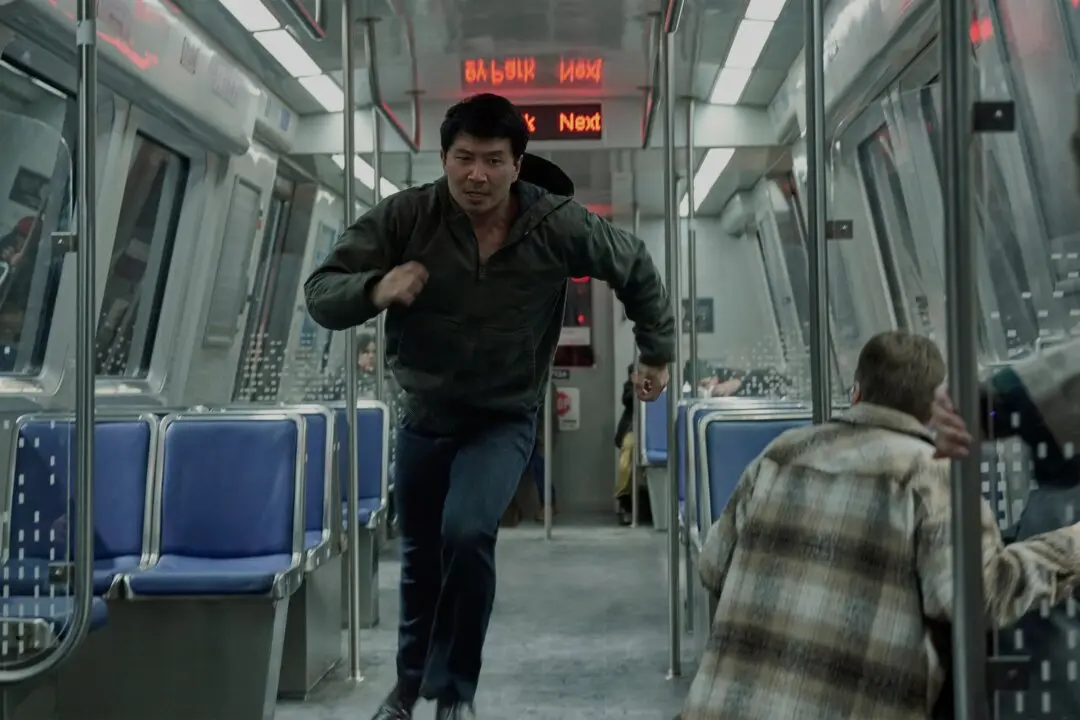TV-MA | 4 episodes | Drama, Thriller | 2023
The hunt for Hezbollah terrorist Imad Mughniyeh ranks with that of Osama bin Laden, but it was many more years in the making. The CIA also never officially took on-the-record credit for its involvement, even though the widely reported joint operation with Mossad targeted the man considered the most prolific murderer of Americans until the September 11 attacks.




